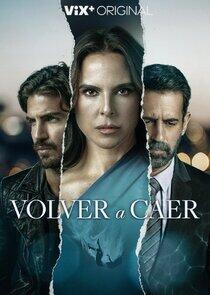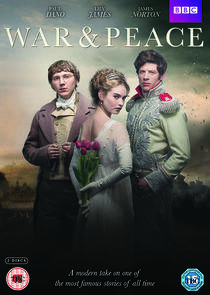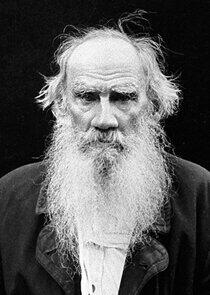
Leo Tolstoy
Born to an aristocratic family, Tolstoy achieved acclaim in his twenties with his semi-autobiographical trilogy, Childhood, Boyhood and Youth (1852–1856), and with Sevastopol Sketches (1855), based on his experiences in the Crimean War. His War and Peace (1869), Anna Karenina (1878), and Resurrection (1899), which is based on his "youthful sins," are often cited as pinnacles of realist fiction and three of the greatest novels ever written. His oeuvre includes short stories such as "Alyosha the Pot" (1911) and "After the Ball" (1911) and novellas such as Family Happiness (1859), The Death of Ivan Ilyich (1886), The Kreutzer Sonata (1889), The Devil (1911), and Hadji Murat (1912). He also wrote plays and essays concerning philosophical, moral and religious themes.
In the 1870s, Tolstoy experienced a profound moral crisis, followed by what he regarded as an equally profound spiritual awakening, as outlined in his non-fiction work Confession (1882). His literal interpretation of the ethical teachings of Jesus, centering on the Sermon on the Mount, caused him to become a fervent Christian anarchist and pacifist. His ideas on nonviolent resistance, expressed in such works as The Kingdom of God Is Within You (1894), had a profound impact on such pivotal 20th-century figures as Mahatma Gandhi, Ludwig Wittgenstein, Martin Luther King Jr., and James Bevel. He also became a dedicated advocate of Georgism, the economic philosophy of Henry George, which he incorporated into his writing, particularly in his novel Resurrection (1899).
Tolstoy received praise from countless authors and critics, both during his lifetime and after. Virginia Woolf called Tolstoy "the greatest of all novelists", and Gary Saul Morson referred to War and Peace as the greatest of all novels. He received nominations for the Nobel Prize in Literature every year from 1902 to 1906 and for the Nobel Peace Prize in 1901, 1902, and 1909. Tolstoy never being awarded a Nobel Prize remains a major Nobel Prize controversy.
Biography from the Wikipedia article Leo Tolstoy. Licensed under CC-BY-SA. Full list of contributors on Wikipedia.
Part of Crew
Recently Updated Shows

Invasion
Earth is visited by an alien species that threatens humanity's existence. Events unfold in real time through the eyes of five ordinary people across the globe as they struggle to make sense of the chaos unraveling around them.
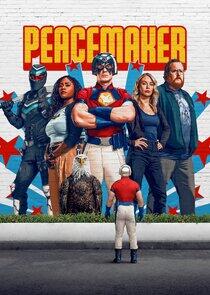
Peacemaker
This James Gunn-created series continues the saga of Peacemaker, a vainglorious superhero/supervillain who believes in peace at any cost — no matter how many people he has to kill. After a miraculous recovery from his duel with Bloodsport, Peacemaker soon discovers that his freedom comes at a price.

48 Hours
48 Hours is a CBS news magazine that investigates intriguing crime and justice cases that touch on all aspects of the human experience. Over its long run, the show has helped exonerate wrongly convicted people, driven the reopening -- and resolution -- of cold cases, and changed numerous lives. CBS News correspondents offer an in-depth look into each story, with the emphasis on solving the mystery at its heart. The program and its team have earned critical acclaim, including 20 Emmys and three Peabody Awards.
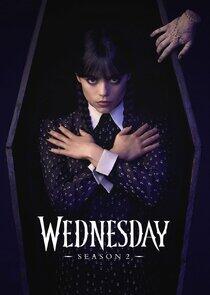
Wednesday
Smart, sarcastic and a little dead inside, Wednesday Addams investigates a murder spree while making new friends — and foes — at Nevermore Academy.

Shifting Gears
Shifting Gears centers on Matt, a stubborn, widowed owner of a classic car restoration shop. When Matt's estranged daughter and her teenage kids move into his house, the real restoration begins.


